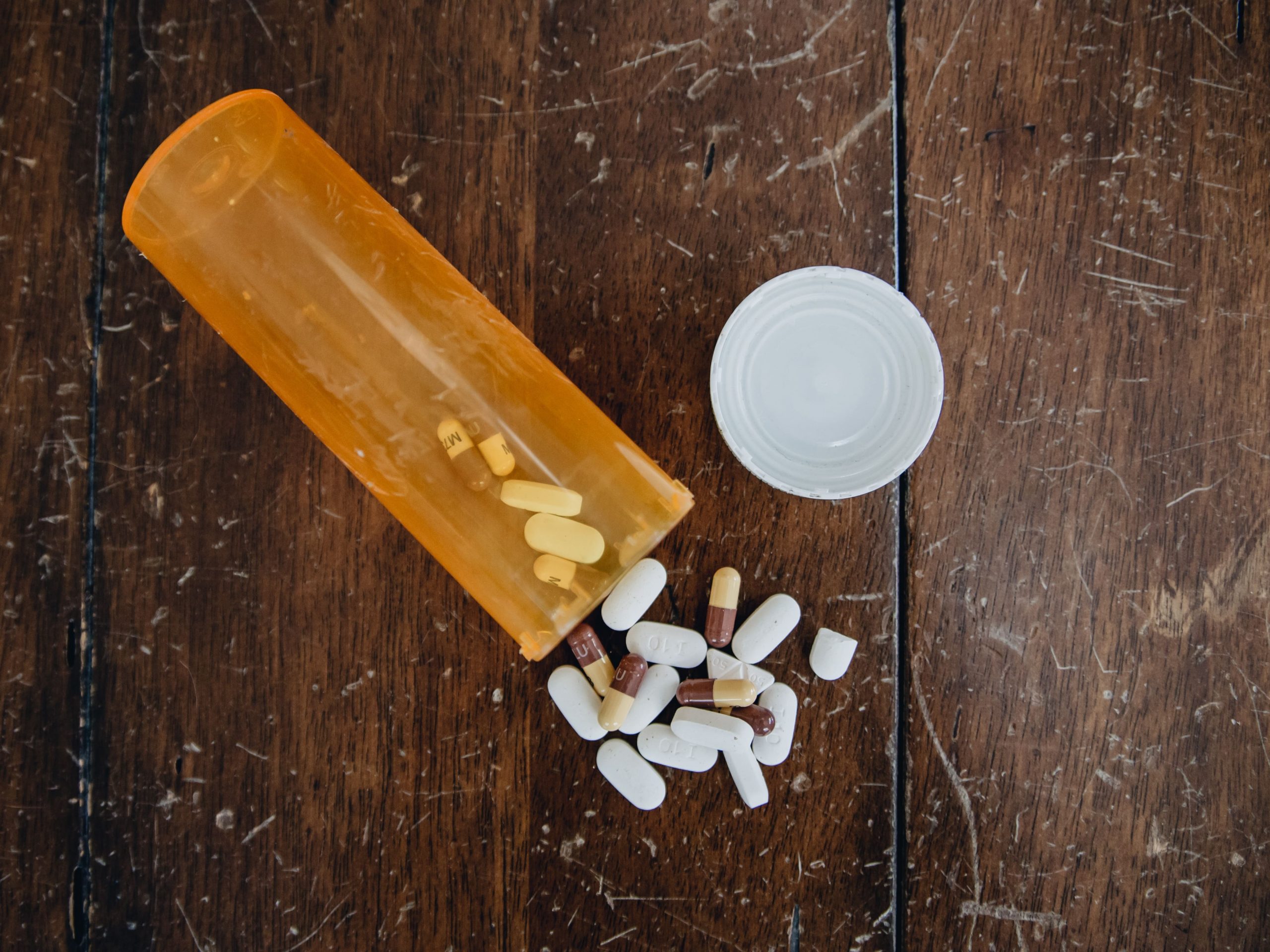“At Delamere, we provide a caring, compassionate, soothing environment to help people change the directions of their lives.”
Codeine Addiction
Codeine is an opioid painkiller that can be purchased over the counter and prescribed in higher strengths by your GP. Codeine is extremely addictive and can lead to codeine addiction and dependence within a matter of days after continuous use.


Codeine addiction help from Delamere
Due to codeine being easily accessible and providing an opiate high when abused, it is a popular drug of choice for recreational use and abuse.
Whether you have found this page because you’re looking for codeine addiction help for yourself or someone you care for, Delamere can help. Our innovative and unique approach to addiction treatment is proven to bring about profound changes and has helped several people overcome codeine addiction.
Located in rural Cheshire, Delamere provides codeine addiction treatment for those struggling with substance abuse. Our multidisciplinary team comprises doctors, nurses, mentors, and therapists, many of whom can call upon their own experiences of addiction and recovery.
Motivated by the passion to help our guests get better, our Delamere team approaches codeine rehab programmes from a point of respect, compassion, and understanding.
Codeine phosphate is considered a very safe and well-tolerated drug when taken exactly as prescribed or indicated. The dangers associated with codeine overdose come when a person abuses the drug. Whilst codeine addiction can feel helpless and overwhelming, help is always available. At Delamere, we strongly believe that with the right treatment, tools and support, anyone can heal and grow from their addictions to live a sober life.
How we help guests grow beyond addiction at Delamere
“I’ve got a life that’s enjoyable and happy. And I’ve got my friends and my family back.”
– Simon, Former Delamere guest
View Our Treatment Model View our Environment Call now: 0330 111 2015
When to seek codeine addiction treatment
Codeine phosphate is a naturally occurring opium alkaloid painkiller used to treat mild to moderate pain that does not respond to other less potent analgesics such as aspirin, ibuprofen or paracetamol. Prescription-strength codeine phosphate is only available from a doctor and is classified as a controlled drug. As codeine, like all opiate and opioid drugs, creates tolerance and dependence, its over-the-counter use is recommended for no more than 3 continuous days.
If you believe you or a loved one is struggling with a codeine addiction, you may observe some of the following signs and symptoms.
If you believe you or a loved one is struggling with a codeine addiction, you may observe some of the following signs and symptoms:
- Agitation.
- Hallucinations.
- Fever.
- Impaired coordination.
- Vomiting or diarrhoea.
- Loss of appetite.
- Dizziness.
- Erectile dysfunction.
- Irregular menstruation.
- Decreased sexual desire.
Delamere provides guests with a dignified, safe space to complete a codeine rehab program and medically assisted codeine detox. We have the only purpose-built private rehab clinic in the UK. Our approach combines tested methods with innovative treatments to help heal and treat the mind and body of our guests, not simply stop their addiction.


The Delamere approach to codeine addiction treatment
An inpatient stay at Delamere is a deliberately intensive 4-phase codeine addiction treatment, one which we have crafted over time and has helped many participants recover. Our emphasis is on holistic care to treat addiction and associated issues. This means that we treat the whole person rather than just the symptoms they present with. We believe that successful treatment runs far deeper than simply stopping the addictive substance or behaviour.
Our approach at Delamere comprises 4 core phases: Stop, Start, Grow, & Bloom. Everything we offer at Delamere aims at effective and lasting outcomes in addiction treatment:
How to encourage a loved one to get treatment for codeine addiction
Supporting someone with a codeine addiction can be a very isolating experience, especially if the person in question is in denial about their addiction and refusing help. We provide family support services to help you and your loved one take the steps towards recovery and a life free from codeine addiction. If your loved one is struggling to accept they have a problem, we can provide intervention services to help your family member, friend, or colleague come to terms with their addiction and accept help.
Frequently asked questions about codeine addiction
Codeine overdose is more likely to occur if codeine is mixed with another depressant drug such as alcohol, opiates or benzodiazepines. The signs of a codeine overdose are very similar to those of any opiate or opioid overdose. In large quantities, codeine is also poisonous. Signs of a codeine overdose include:
- Being unresponsive or hard to wake up.
- Reduced or compromised respiratory rate.
- Cold and clammy to the touch.
- Very slurred speech, not making sense.
- Bluish fingernails and lips.
- Weak pulse.
- Confusion.
- Tiny constricted pupils.
- Extreme sleepiness.
The best codeine addiction treatment is entering into a codeine rehab programme. It is important to remember that an addiction is a progressive condition that will only worsen with time. Ignoring a codeine addiction can have fatal consequences and vastly impact the lives of the individual and those around them.
At Delamere, we passionately help our guests grow beyond addiction and become the very best version of themselves, supporting them each and every step of the way. Our addiction treatment programme is deliberately intensive to bring about positive change in just a small amount of time.
Let us help you today
Start your recovery journey by contacting us today.
Confidential. Straightforward. Friendly.
Help and Support for Codeine Addiction Recovery
Discover more advice on the Delamere blog
-
Librium detox: A guide to withdrawal and recovery
Read our guide to withdrawal & recovery of librium. We discuss the addictive potential & when a Librium detox may be required.
-
Key signs to look out for that put you at risk of pill addiction
At the beginning of this year, Adam Collard opened up about his painkiller addiction. We've pulled together risks to look out for.
-
Signs of prescription drug dependency
Long-term dependency on prescription drugs can lead to a wide range of health complications, find out more at Delamere.
-
5 signs someone has a painkiller addiction
Delamere’s holistic therapists discuss Valium addiction and its impact with advice on how to get help.





















